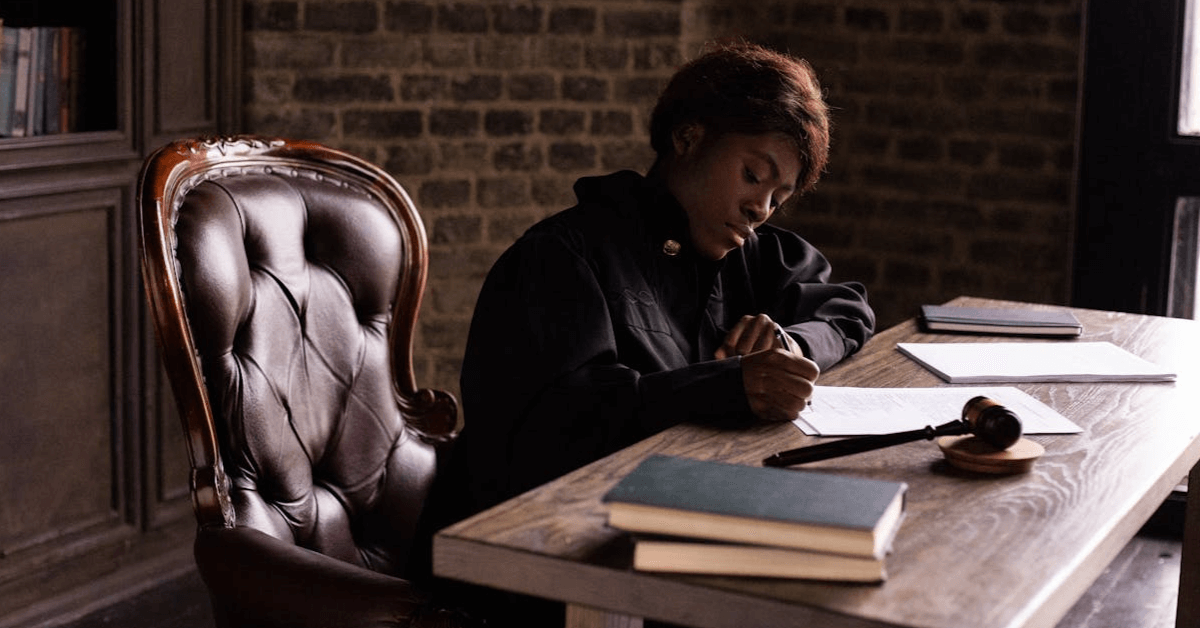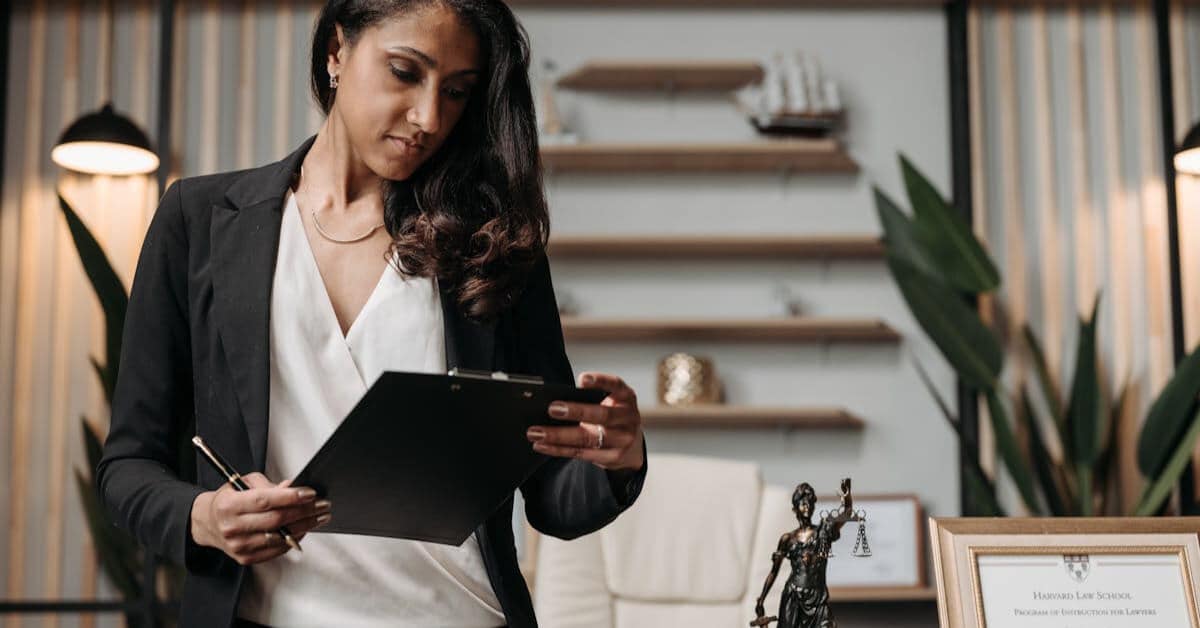Single Expert Witness Family Law Rules
In family law proceedings, the court may appoint a single expert witness to provide an independent, unbiased opinion on specific issues, such as child custody, financial valuations, or psychological assessments.
According to the Family Law Rules, both parties must agree on appointing a single expert whose report is intended to streamline the case and avoid conflicting expert opinions.
This process reduces costs and time while ensuring that the court receives reliable, impartial evidence.
Role of a Single Expert Witness
The court appoints a single expert witness to provide a specialised opinion on matters requiring technical knowledge.
This expert acts as an impartial advisor, offering insights on complex issues that the judge or legal representatives may not be qualified to assess. Once appointed, the expert must prepare a report that will be used as evidence in court.
Both parties typically have the opportunity to question the expert about the content of their report during the hearing.
Key Takeaway: The role of a single expert witness is to assist the court with impartial and objective analysis, helping to resolve disputes more efficiently.
How Are Single Expert Witnesses Appointed?
Appointing a single expert witness involves a mutual agreement between both parties or a court directive if a consensus cannot be reached.
The court expects the parties to attempt to agree on the choice of an expert; however, if they cannot, the court will decide.
Once appointed, the expert must remain neutral, focusing solely on the evidence and information provided by the parties.
Key Takeaway: Appointing a single expert witness requires cooperation between the parties to ensure that the expert’s input remains unbiased and effective.
Obligations and Duties of a Single Expert Witness
Under the family law rules, single expert witnesses have specific obligations, such as maintaining impartiality, providing comprehensive reports, and responding promptly to any questions from the court or the parties involved.
The expert must base their opinions on facts and evidence, ensuring their conclusions are well-supported.
Additionally, the expert’s duty is to the court, not to either party, which helps safeguard the integrity of the judicial process.
Key Takeaway: A single expert witness’s primary obligation is to assist the court by providing an impartial, evidence-based opinion that aids in decision-making.
Challenging a Single Expert’s Report
Although the report from a single expert witness carries significant weight in court proceedings, parties may still challenge its content.
If one party disagrees with the findings, they can seek clarification or cross-examine the expert during the hearing.
In some cases, the court may allow the appointment of another expert witness to provide a second opinion, but this is generally considered only if there are valid concerns about the original report.
Key Takeaway: While a single expert’s report is influential, parties can question its findings if they believe it is flawed or biased.
Benefits of Using a Single Expert Witness
Using a single expert witness simplifies the court process by reducing the need for multiple experts, which can save both time and costs.
This approach helps prevent contradictory expert evidence, which can complicate and prolong proceedings.
By relying on a neutral expert, the court aims to reach fair and informed decisions more efficiently, particularly in sensitive family law cases.
Key Takeaway: Single expert witnesses streamline family law cases by providing a neutral perspective, thus helping to resolve disputes more effectively.
Single expert witnesses play an essential role in family law by providing specialised knowledge that aids the court in making informed decisions.
Their impartiality, combined with their duty to assist the court rather than either party, ensures that the evidence presented is both reliable and objective.
For parties involved in family law disputes, understanding the role and rules surrounding single expert witnesses is key to navigating the legal process effectively.
Director of Melbourne Family Lawyers, Hayder manages the practice and oversees the running of all of the files in the practice. Hayder has an astute eye for case strategy and running particularly complex matters in the family law system.





